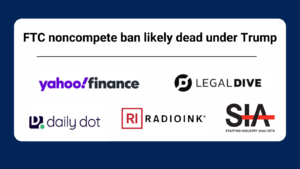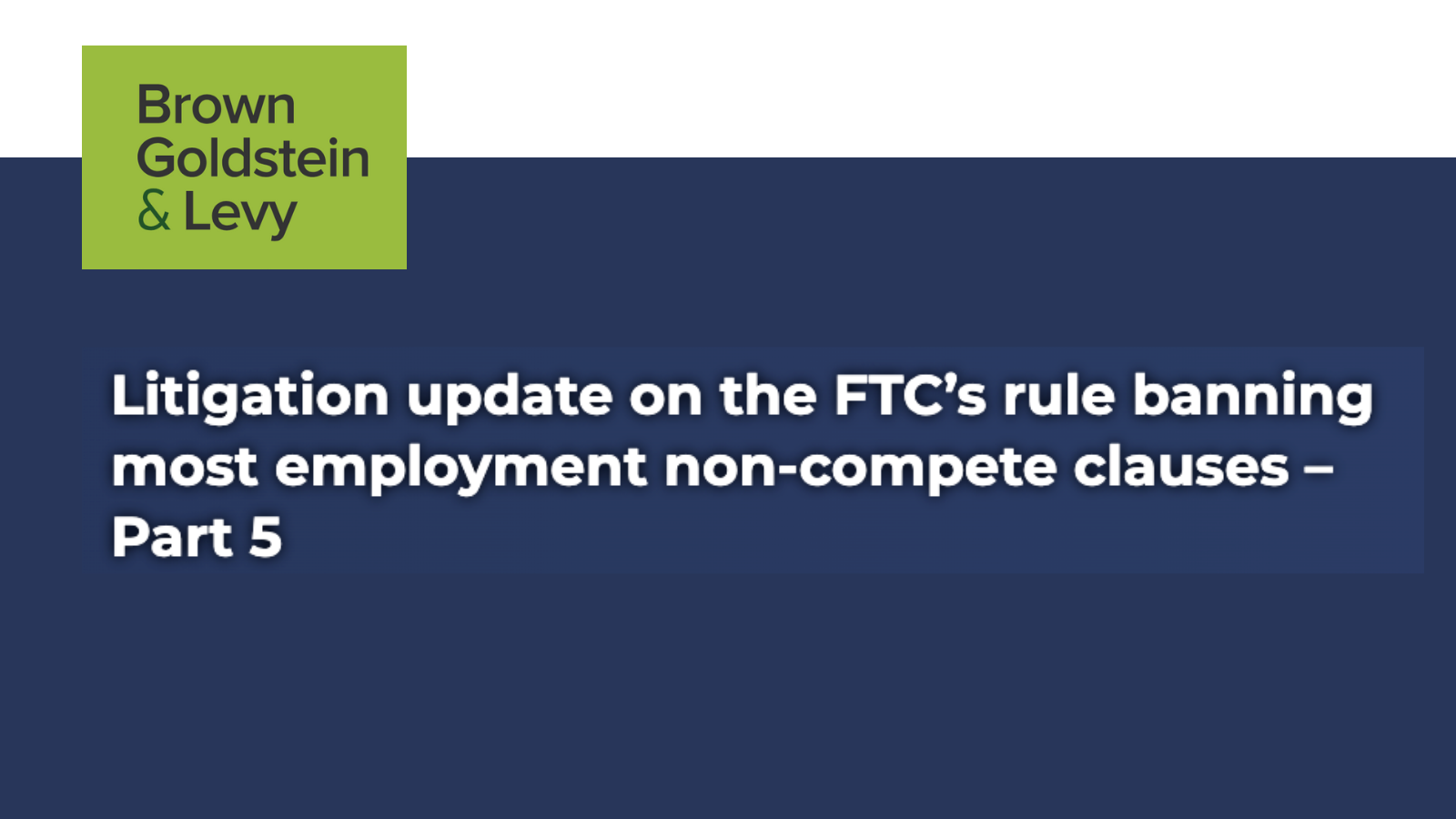On 12 November 2024, the ICJ released it judgment on preliminary objections in the Azerbaijan v Armenia. As the parallel case of Armenia v Azerbaijan, it invokes alleged violations of the Convention on the Elimination of All Forms of Racial Discrimination (CERD) and is based on the compromissory clause in Art 22 CERD. Although lodged following the Second Nagorno-Karabakh War between the two parties, Azerbaijan alleges violations dating back to the 1990s (the First Nagorno-Karabakh War). In that context, the Court had to examine the limits of its temporal scope of jurisdiction in the context of obligations erga omnes partes. More specifically, Armenia contended that the Court lacked jurisdiction over conduct during a period when Armenia already was a party to CERD, but Azerbaijan was not (between 23 July 1993 and 15 September 1996). Thus, it revolved around whether Azerbaijan could (at least in parallel (see below) on an erga omnes partes basis) demand compliance with treaty obligations to which it was itself not yet bound. The Court upheld this (first) preliminary objection, basing itself on ‘the principles of reciprocity and equality of States’. In doing so, it infused the doctrine of erga omnes partes with bilateralist structures.
Presumption of temporal flexibility for jurisdictional clauses

